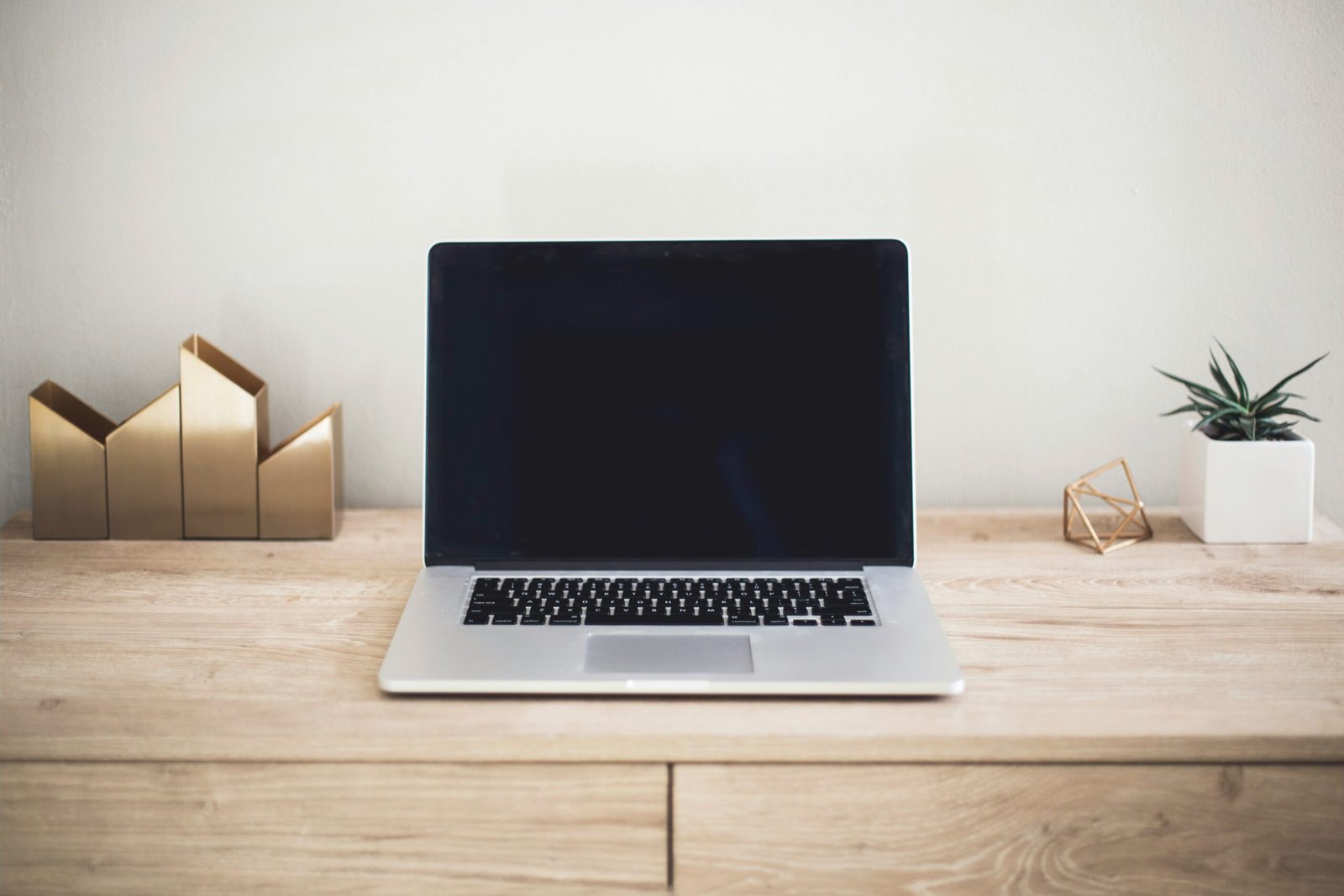
Is Your Computer Running at a Snail’s Pace?
Is your computer taking ages to start up, freezing constantly, or just generally moving at a glacial pace? Don’t worry, you’re not alone. Many of us have experienced the frustration of a slow computer at some point. The good news is that there are simple and effective ways to speed up your slow computer without having to be a tech wizard.
Optimize Your Computer Settings
One of the first steps to improving computer performance is to optimize your computer settings. This can make a significant difference in how your computer operates. Here are a few settings you can tweak to help speed things up:
- Manage Startup Programs: Many programs automatically start when you boot up your computer, causing it to take longer to start. You can speed things up by disabling unnecessary startup programs.
- Update Your Software: Keeping your operating system and software up to date can improve performance and security.
- Adjust Power Settings: Changing your power settings to High Performance mode can give your computer an extra speed boost, though it may consume more battery or electricity.
Clean Up Your Hard Drive
Over time, your hard drive can become cluttered with temporary files, old downloads, and other unnecessary data that can slow down your computer. Here’s how you can clean up your hard drive:
- Run Disk Cleanup: This built-in Windows tool can help you get rid of temporary files, system files, and other items that you no longer need.
- Uninstall Unused Programs: If you have programs installed that you no longer use, uninstalling them can free up space and potentially improve performance.
- Defragment Your Hard Drive: Defragmenting your hard drive can help organize data more efficiently, potentially speeding up file access and overall performance.
Upgrade Your Hardware
Sometimes, the best way to boost computer speed is by upgrading your hardware. Here are a few hardware upgrades that can make a difference:
- Upgrade Your RAM: Adding more RAM can help your computer handle more tasks at once, reducing slowdowns and improving multitasking.
- Switch to an SSD: Solid-state drives (SSDs) are faster and more reliable than traditional hard disk drives, so switching to an SSD can significantly improve your computer’s speed.
- Clean Your Hardware: Dust and dirt can accumulate inside your computer, leading to overheating and performance issues. Regularly cleaning your hardware can help prevent these problems.
By following these simple tips, you can optimize your computer’s performance and say goodbye to the frustration of a slow computer. Remember, a little maintenance can go a long way in keeping your computer running smoothly!